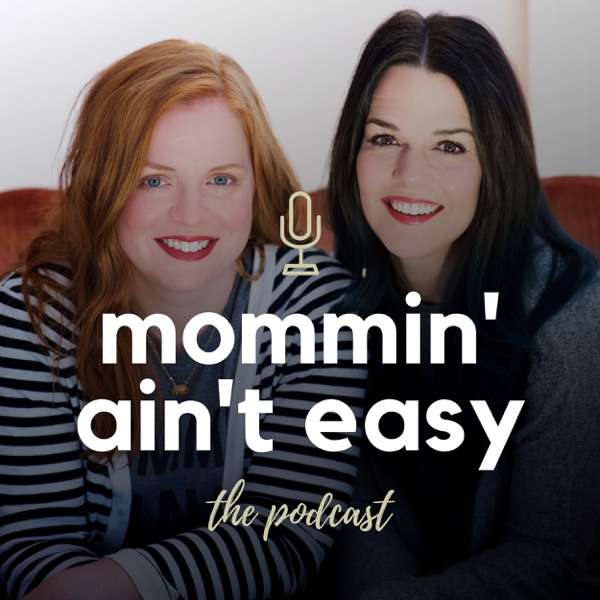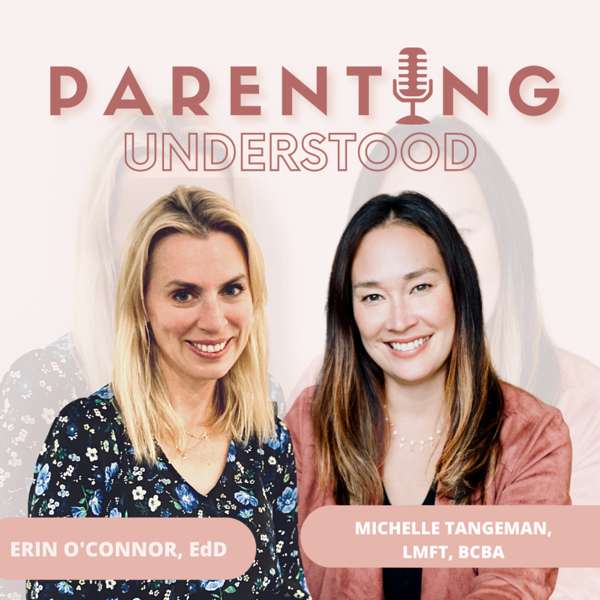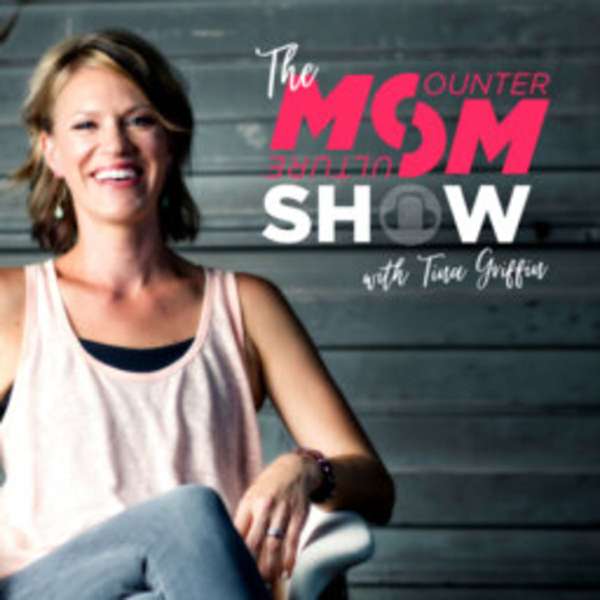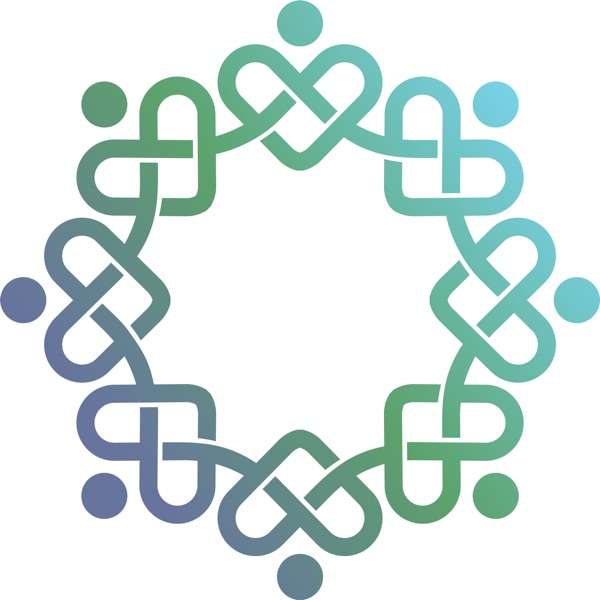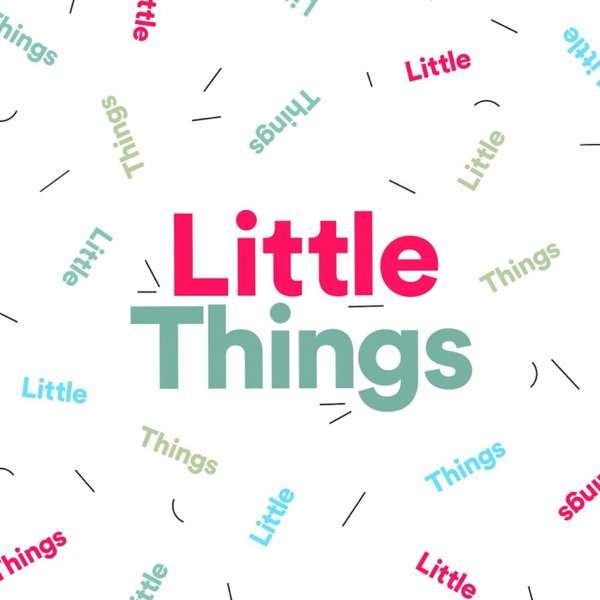Over the past 5 weeks, I’ve walked you through the hierarchy of healing and how to go through the phases of healing I call radical self-love, self-trust, honesty, listening, and acceptance. Today, we finish the series with radical action - the part where we DO the things that actually improve our lives and create the lives that we want.
You’ll Learn:
- How to hold both contentment and a desire for change
- The 3 types of action (and which is best)
- How to chase the glimmers in your life
- A surefire way to know if you’re taking the right actions
- 5 enemies of aligned radical action and how to overcome them
Radical action doesn’t have to be big. In fact, sometimes a lot of the big actions in life start with really small changes. In this episode, I’ll show you how to figure out what you ought to be doing and how to overcome the obstacles that come up along the way.
----------------------------------------------
I also want you to keep in mind that any action you take must be rooted in radical self-love. This isn’t meant to be some giant checklist you now have to do. If all you ever do is learn to fall deeper and deeper in love with yourself, you have already won.
Taking Radical Action
Radical action is about making a commitment to changing an area of your life where you are not satisfied.
This typically happens in three areas:
- Your relationship with yourself
- Your relationship with others
- Your relationship with the outside world
The first part of action is simply committing to the change you want. Then, you decide which actions will support your goal and commit to those, as well. Let’s take a closer look at these 3 relationships.
Your relationship with yourself. This includes your mental health and the way you talk to yourself. It is internal. If you're feeling anxious, depressed, directionless, or trapped and you don't have contentment, then this is something that you might want to work on.
You might decide that you want to improve your mental health, experience more meaning or purpose in your life, or commit to your own peace and contentment.
Your relationships with others. Maybe your marriage isn't working, or the way you're parenting your kids isn't working. Maybe you have some toxic friendships or some family conflicts.
Your goal might be something like, “I want to have a happy marriage,” “I want to be a more calm parent,” or “I am committed to setting better boundaries with my in-laws.”
Your relationship with the outside world. This includes how you contribute to the world and how you feel in the world. This can also encompass your relationship with time, money, your environment, etc.
If your home is messy, cluttered, and it’s driving you crazy, let’s take radical action to make your home function better for you. If you are constantly stressed and overwhelmed about money, you can commit to finding peace around your finances and managing your money in a healthy way.
Step 1: Define the change you want
We can’t create the lives we want unless we know what we want, right? So the first step is to make a decision about what change you want to create.
If you’re having trouble with this, try flipping your current state around. Here are a couple of examples:
“I feel dissatisfied in my life,” becomes, “I am committed to figuring out what brings me joy and doing more of those things.”
“I’m tired of being taken advantage of,” becomes, “I am going to work on my boundaries.”
Step 2: Commit to your actions
You might not know all of your action steps right away, and that’s okay. The most important thing is that you know what you’re chasing.
The way you’re feeling right now is the symptom. Identify it and look for the root cause. What is causing this problem? When you understand the root cause, solutions will start to appear.
The most important thing to remember is to take these actions not from a place of scarcity, insecurity, fear, or overwhelm, but from a place of confidence and belief that you can get what you want.
Then, list out the action that you are committed to take. For instance…
I will do things that bring me joy.
I will speak kindly to myself.
I will do mindset exercises.
The Tension of Contentment & Growth
You’ll probably find some areas of your life where things are okay, pretty good, but you believe that they could be better. That’s totally normal.
The truth is that everything probably is pretty good. You have a home, children, warm clothing. You’ve probably had something tasty to eat or drink recently. Look for evidence that most things are okay.
As you stay rooted in love and trust, look at an area that you want to change and realize that you can have things in your life that you’re unhappy about AND ALSO your life can be perfectly fine. There is no emergency here.
It is possible to feel deep contentment in your life and know that there is even more contentment available to you. More peace, more joy. You get to have gratitude, accept things as they are, and want more of the good stuff.
The foundational beliefs required for aligned radical action are:
I'm good enough, I'm lovable, and I'm worthy.
I already have enough.
This approach helps you see that you can get what you want in your life because you already have it in some form. The belief that it's possible comes from looking at what's already true.
For example, if you’re stressed about money, look at the things in your life that you’ve purchased with money - the couch you’re sitting on, the sweater you’re wearing, the eggs in your fridge. You already have the things you need today. You have enough, and you have already been taken care of. And…you want to feel that feeling even more.
If you want to improve your body, recognize that you already have strength in you because you are breathing. If you want to improve your relationship with your spouse or partner, look at the moments when things are good between you.
In the area you want to improve, looking for what is already going well will give you the wisdom to figure out what the next right action is.
3 Types of Action
Our goal is to take aligned radical action, but there are two other types of actions that I want you to be aware of.
The first is inaction. If you feel stuck, trapped, or paralyzed in any way, you may not take action towards the next right thing at all. Your procrastination might be a clue that you feel afraid, overwhelmed, or confused.
Ways to get out of inaction:
- Notice it. Just using the word “inaction” will help you.
- Ask for help.
- Focus on gratitude. Look for where things are going right. This will give you hope that you can take action.
The second is reactive action. This is this buffering action we’ve talked about throughout this series. It can also look like people pleasing, perfectionism, overdoing it, overthinking, over organizing, over planning, or avoidance behaviors.
You are reacting. You’re in the “fix it, change it, stop it, solve it” energy. This action is not aligned with where you want to go. It’s rooted in scarcity, fear, guilt, anger, defensiveness, and insecurity. You might make some big moves from this energy, but it likely won’t get you the result you truly want.
Aligned action is what we’re trying to achieve. This comes from a place of true love for yourself and deep acceptance of yourself and others. These actions are often smaller because we’re building on the good that is already there. You’re using the approach of, “Things are good. Let’s make it better.”
What Are You Chasing?
You were put on this earth to do something. It might be raising a beautiful family and establishing a great home life for your kids. It might be writing a novel or creating beautiful artwork. Whatever it is, I believe deeply that you are here for a purpose.
So, how do you figure out what that purpose is and which radical actions you should take?
Step 1: Figure out what you want
- What do you want?
- Is there something you see someone else doing that makes you think, “Oh, I wanna do that. I think I’d be really good at it.”?
- What makes you feel alive and excited?
- What are you jealous of? Is that something you can create for yourself?
Step 2: Know your why
Once you find something that you want, you have to go a little deeper. I like to use a strategy called the 5 Whys. Basically, you take that thing that you want and ask yourself why you don’t already have it (5 times).
- Why don’t you have that thing?
- Why is that true?
- Why is that true?
- Why is that true?
- Why is that true?
Here’s an example: Let’s say you want to stop yelling at your kids.
- Why do you yell at your kids? They don’t listen to me.
- Why don’t they listen? Because I’m not consistent.
- Why aren’t you consistent? Because I feel guilty or overwhelmed, so I give in.
- Why are you feeling guilty or overwhelmed? I have too much going on in my life.
- Why do you have so much going on in your life? I don’t say no. I don’t set boundaries. I don’t have enough support.
Do you see how going through these “why”s makes your actions more clear? In the example above, this mom needs to work on saying no to things, setting boundaries, and getting support.
Step 3: Chase the glimmers
When you experience a glimmer - something that makes you light up, that brings you excitement, peace, joy, love, gladness, and all the good feelings - keep chasing that thing. Bring more and more of those experiences into your life, and it will become more and more clear what it is that you need to be doing.
One of the ways to know if you are taking the right actions is that it feels easy. You’re in flow. The things you’re doing feel fun, bring you joy, and fill up your bucket. Even if it’s also scary.
Obstacles to Radical Action
Radical action has its enemies, but when you recognize them, you can overcome them.
Enemy #1 is perfectionism. Perfectionism is a way to protect yourself from receiving negative feedback. But it also keeps you small, stuck, and trapped. If you struggle with perfectionism, there’s a pretty good chance that you’re struggling with self-trust and accepting yourself or your circumstances.
The mantra for a perfectionist? Half-ass is better than no-ass. Aim for a C+. Put that incomplete thing out there, and just get it done.
People pleasing is another common obstacle, and it’s actually a form of manipulation. You’re trying to control other people’s narrative of you so that you feel better. You want them to think that you’re nice, helpful, etc. And maybe you are. But if you need the other person to see you doing those things, it may be because you are feeling insecure.
People pleasing also often leads to reactive action - the fix it, change it, stop it, solve it. You come out of your own aligned radical action to do what you think other people want from you.
Another enemy of radical action is the fear of failure. If you don’t believe that you can handle being disappointed, embarrassed, hurt, or misunderstood, then you may not take big action. Or you may not try as hard because you’re afraid that you’ll crumble if it doesn’t work out.
Radical self-trust lets you know that you can trust yourself. And radical acceptance reminds you that you can handle every feeling because they are temporary. The more you practice the hierarchy of healing, the easier it is for you to handle failure.
Overwhelm is another thing that can keep you from taking action. You’re not even sure where to start. I hope I’ve shared some ideas here that will help.
A few other resources are:
- ChatGPT. Ask it about something you want to do, like “How does somebody get a new job?” or “How does someone organize a playroom?” Choose one action to start with.
- Hire a coach who has done what you want to do. Maybe it’s a budget or money management coach, a business coach, a personal trainer, or a parenting coach (like me!). This is like a huge hack because they can give you the steps and the accountability you need.
- Read a book.
- Join a group of people who are doing what you want to do. This can be on Facebook or in person.
If you want to improve an area of your life, your core self already knows how to get that. You can trust that there's wisdom inside of you. Just keep moving forward, and you will make progress.
The final obstacle is time management. I've noticed that people think that they don't have time to achieve their goals when, really, there's always time if we prioritize. There probably isn’t an empty space just sitting there on your calendar. You might have to take a break from something else for a while, or say no to a new commitment.
When you let go of something to create empty space, fill it with yourself - and treat those appointments with yourself the same way you would treat a doctor’s appointment or a commitment to someone else.
Then, eliminate distractions. Put your phone on do not disturb, turn off the wifi, leave your phone in another room, hire a babysitter, lock your door. Whatever you need to do to focus.
You get to prioritize the things that you care about.
When you know what you want, go get it. Commit to it. Prioritize it. Make it possible.
And maybe you’ll do it for a while and realize that it’s not what you really wanted. That’s fine, too. You get to stop and start and move around and figure out who you are.
All you have to do is start and trust. Just do the next thing that feels aligned and see where you end up.
Free Resources:
Get your copy of the Stop Yelling Cheat Sheet!
In this free guide you’ll discover:
✨ A simple tool to stop yelling once you’ve started (This one thing will get you calm.)
✨ 40 things to do instead of yelling. (You only need to pick one!)
✨ Exactly why you yell. (And how to stop yourself from starting.)
✨A script to say to your kids when you yell. (So they don't follow you around!)
Download the Stop Yelling Cheat Sheet here
Connect With Darlynn:

 Our TOPPODCAST Picks
Our TOPPODCAST Picks  Stay Connected
Stay Connected


